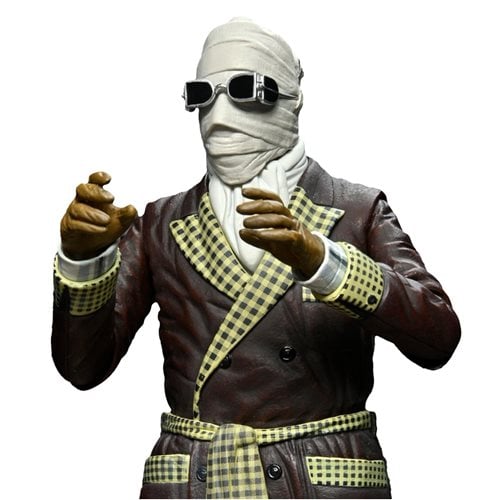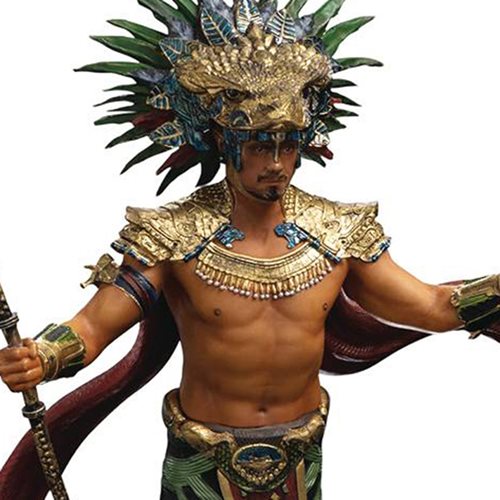
SNEAK PEEK: 10 DAYS
The History Channel's most ambitious original programming event, "10 Days That Unexpectedly Changed America" encompasses 10 days in American history as envisioned through 10 powerful documentaries, written, produced and directed by 10 award-winning filmmakers.
Expansive in scope, the goal is not to countdown or list the 'most important' days in U.S. history, but to select days that represent broad themes that shaped America’s people, culture and history.
Massacre at Mystic
The film will focus on the first time English settlers engaged in hostilities against Native Americans after years of peaceful coexistence.
Known as the Pequot War of Mystic, Connecticut.
Shays’ Rebellion: America’s First Civil War
A violent protest against debt collection and taxation practices motivated George Washington to come out of retirement to help strengthen the new U.S. nation, the spark that led to the writing of the Constitution and Bill of Rights.
Gold Rush
The explosive effects of gold being discovered spurred tremendous financial and physical growth throughout the West.
For the first time in history, individuals – not kings or sultans – could have gold for the taking, spurring tens of thousands of immigrants to make the journey West.
Antietam
This was the bloodiest day in American history - a Civil War battle that resulted in 23,000 casualties.
President Abraham Lincoln needed a victory to ensure no foreign country would support the Confederates.
The Homestead Strike
Harsh working conditions and long hours In Carnegie’s Homestead steel mill led to a union strike.
The battle fought between management and labor signaled an end to workers believing they had an ownership stake in their jobs, and would widen the divide between management and labor.
Murder at the Fair: The Assassination of William McKinley
Set against the backdrop of the 1901 World’s Fair and the dawning of a new century, the assassination of President William McKinley ushered in a Progressive Era under the presidency of Teddy Roosevelt.
The Battle Over America’s Soul
This is the sensational courtroom battle between two giants – three-time presidential candidate and populist William Jennings Bryan versus big city criminal defense lawyer Clarence Darrow – over the teaching of evolution in a small Tennessee town.
The trial underscored religion versus science, the separation of church and state, and elitism versus populism.
Einstein’s Letter
Albert Einstein’s letter to FDR launched the development of the atomic bomb.
The result, known as the 'Manhattan Project', brought government and science together in a project to change the world forever.
When America Was Rocked
Elvis Presley’s appearance on 'The Ed Sullivan Show' September 9, 1956, signified a new culture of teenage independence and sexuality.
Freedom Summer
When Civil Rights workers went missing, national attention turned to violence in Mississippi, leading to the passage of the 1965 'Voting Rights Act'.



































































